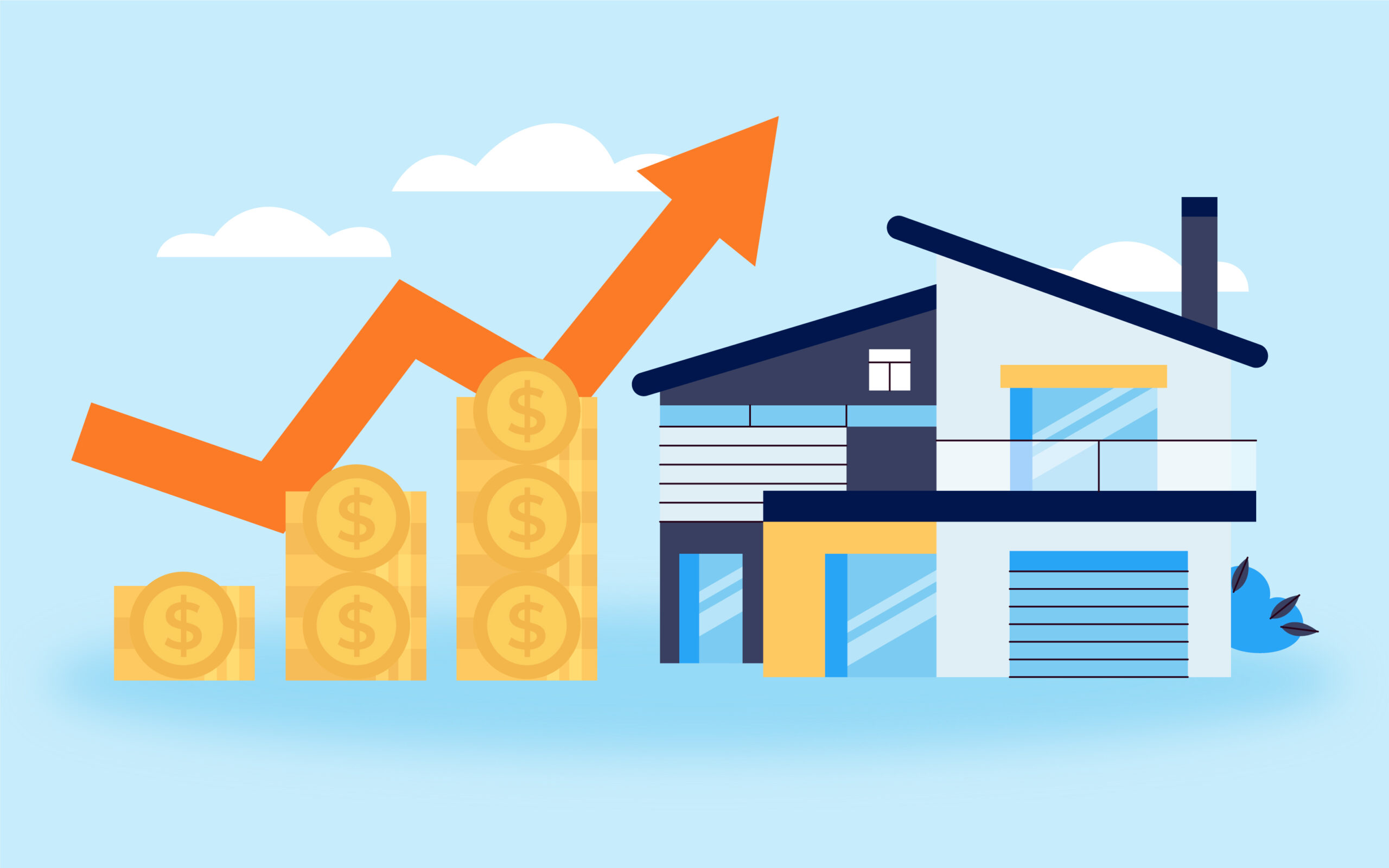Table of Contents
ToggleIntroduction
A second home is obviously one good investment, especially if it is something simple, like a cabin in the woods, a beach house, or maybe a weekend apartment in the city. However, they can be a hard task and a time-consuming one as well when selling them.
It takes into account many things, such as whether the house should be sold with furniture or without, who is buying the house, how much it has lost its value, and most importantly, whether the house will bring a profit in selling or be taxed before it is sold.
Who would have thought that selling a second home would have a lot in it for taxes? Worry no more, as with smart planning and tax strategies, you’ll be able to lower your taxes.
In the following blog, we write about how you can lower the taxes on your second home when you sell it. Keep reading to find out more.
Understanding capital gains on selling second home
Each time a second house is sold, there will be a tax imposed known as capital gains tax. This tax is based on the selling price—the adjusted cost basis, or as it is referred to, the original cost of the house building plus the construction expenses incurred. However, there will be no tax on the sale of a primary house.
A single person cannot exclude up to $250,000 in capital gains from the sale of their primary residence, whereas a married couple can subtract up to $500,000.
Short-term vs. Long-term Capital Gains: The IRS is informed of sales profits that last within a short time, that is, less than a year. Such profits are short-term gains as per the IRS and attract tax according to your usual income tax.
If a taxpayer, however, has owned that piece of property for longer than a year, then it is considered a long-term capital gain, and this usually ranges between 15% and 20% for most taxpayers. However, for high-income earners, the rate can be as high as 23.8%, including the Net Investment Income Tax.
Ways to Minimize Your Tax Liability on selling Second Home
-
Utilize 1031 Exchanges
If you are currently selling your second home and simultaneously buying one for investment purposes, the 1031 exchange may suit you best. One of the tax advantages of the IRS code lets a person defer paying capital gains tax if the gain is reinvested in a similar property within a set time. Here’s how it works:
Tight Deadline: You must find a suitable replacement property within 45 days of the sale and complete the purchase within 180 days.
Property of Similar Nature: For both properties to qualify, there must be a similarity between them, although not necessarily identical, since, for instance, you can sell a single-family rental property and buy a multi-family one.
Exchange Facilitator: Since the IRS expects you to meet a number of requirements when doing the exchange, a 1031 Tax Exchange facilitator will be required.
The 1031 exchange may be ideal for such an investment since it is only applicable to properties bought with the intention of making income.
As long as you have been using your secondary house as a rental instead of just another place to go on holidays, you may be in a chance to take advantage of it.
However, it’s crucial to emphasize that personal-use properties, like vacation homes not rented out, generally do not qualify. To be eligible, the property must be held for productive use in a trade or business or for investment purposes.
-
Consider making the Second Home your Primary Residence
Another way to minimize your tax is by converting your second home into your main home before you sell it. Here is the whole process for your reference:
2-out-of-5 rule: You have lived in your primary home for at least two out of five years preceding the date of its sale. This means you qualify for the exclusion even though it hasn’t been your main home for the time you’ve owned it. It’s important to note that if the property was previously used as a rental or for business, the portion of the gain attributable to depreciation taken after May 6, 1997, is not eligible for exclusion and is subject to recapture at a 25% tax rate.
Knowing About the Partial Exclusion: You will not receive the full amount of exclusion. It’s important to clarify that these exclusions apply only if the sale is due to specific unforeseen events, such as a change in employment, health issues, or other IRS-approved situations.
Changing your primary residence would require some lifestyle adjustments, but if you are to do so, this strategy could work and likely save you thousands of dollars.
-
Another option for saving taxes is tax-loss harvesting
This is done by selling other assets at a loss, which shall balance out the gains on the sale of your second house. For instance:
Imagine you had a profit of $50,000 while selling your second house and simultaneously were compelled to sell the stocks, which were not doing well and hence causing a loss of $10,000.
Now, these stocks have been sold at a loss, and hence, you are left with a taxable capital gain of $40,000 by adjusting the proceeds from sales of properties. However, it’s important to note that if capital losses exceed capital gains, up to $3,000 ($1,500 if married filing separately) can be deducted against other income annually, with the remainder carried forward to future years.
This method, tax loss-harvesting, can effectively help save a lot of money since it involves capital gains tax.
However, do note that when your losses fall in excess of your gains, you can only do some specific amount of surplus losses in many other income tax calculations every year, and the remaining loss can be carried to the next year.
-
Gifts or Inheritance
Another way to reduce capital gains tax from the sale of a second house is gifting or inheritance.
The recipient of a property that has been gifted essentially receives the basis of that property from the donor. The capital gains tax of the country would accrue to the difference between the selling price and the fair market value at the time the gift was made by the donor.
It is worth noting that inherited properties generally receive a “step-up” on the basis of the fair market value at the date of the decedent’s death, potentially reducing capital gains tax upon sale.
Conclusion
Selling a second home does not necessarily require you to pay a large amount of taxes on the sale.
By planning correctly and using tax-saving techniques, you will be able to reduce your tax costs and keep the earnings that you earn. If you want to sell their house quickly and minimize tax liability at the same time, they can connect with Munshi Capital.
Whether you qualify to change your property to your main home, use a 1031 exchange, or balance gains with losses, all these techniques apply to help you save on taxes and get the most from the investment.





